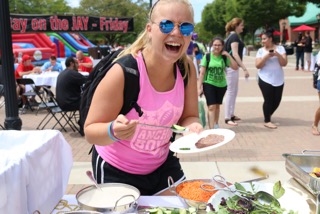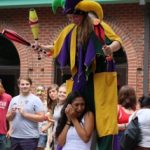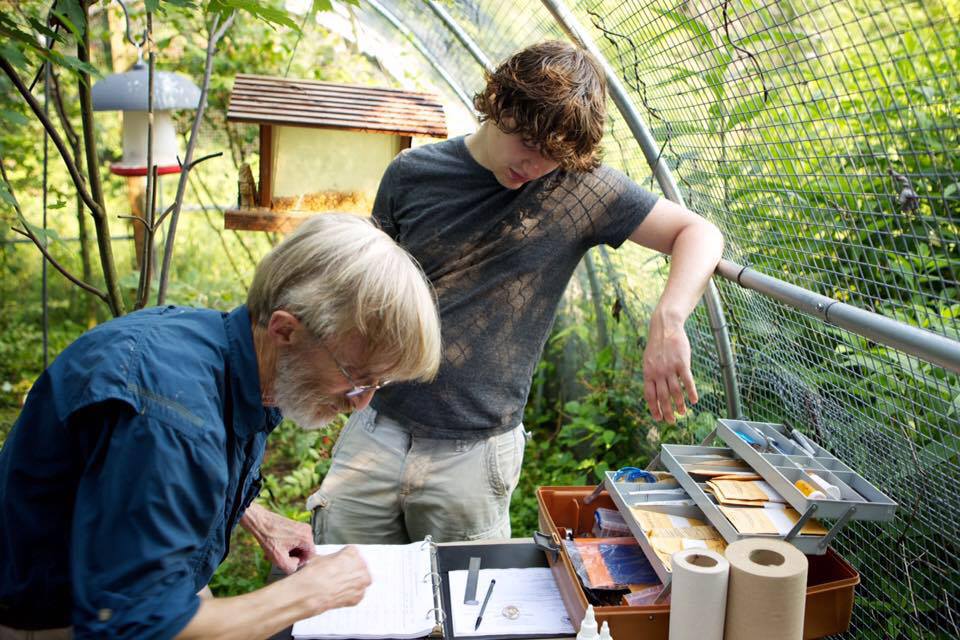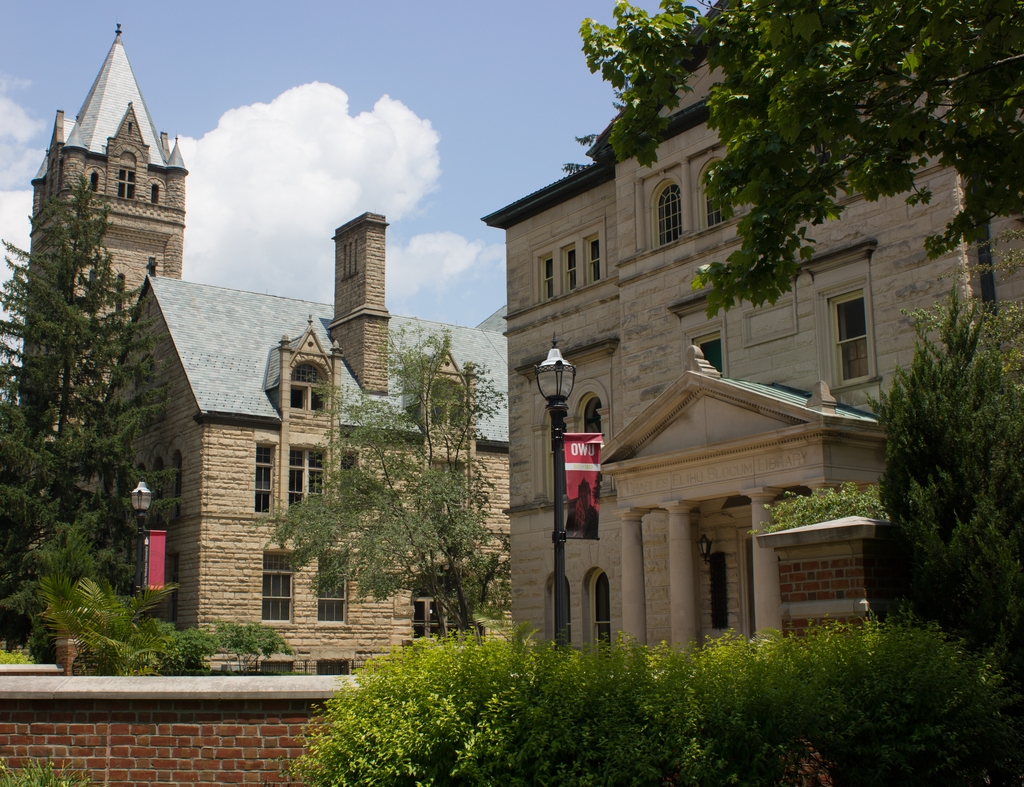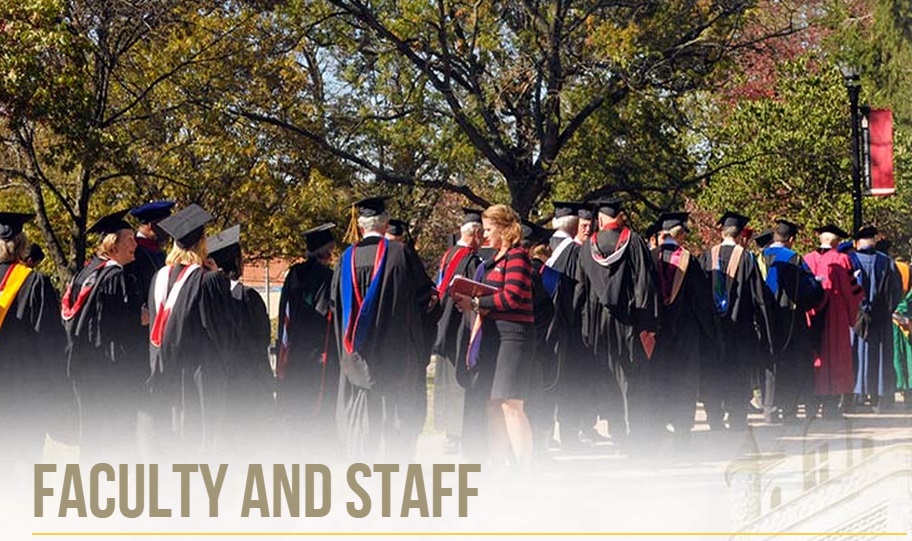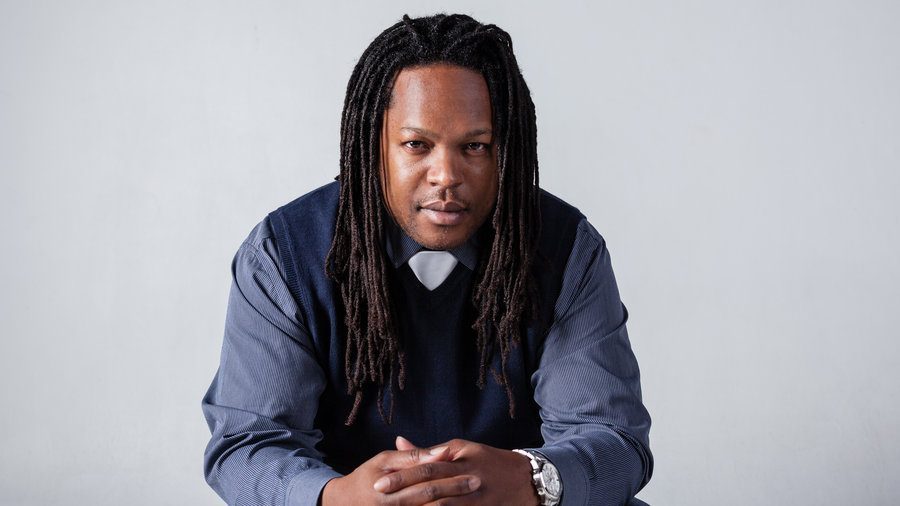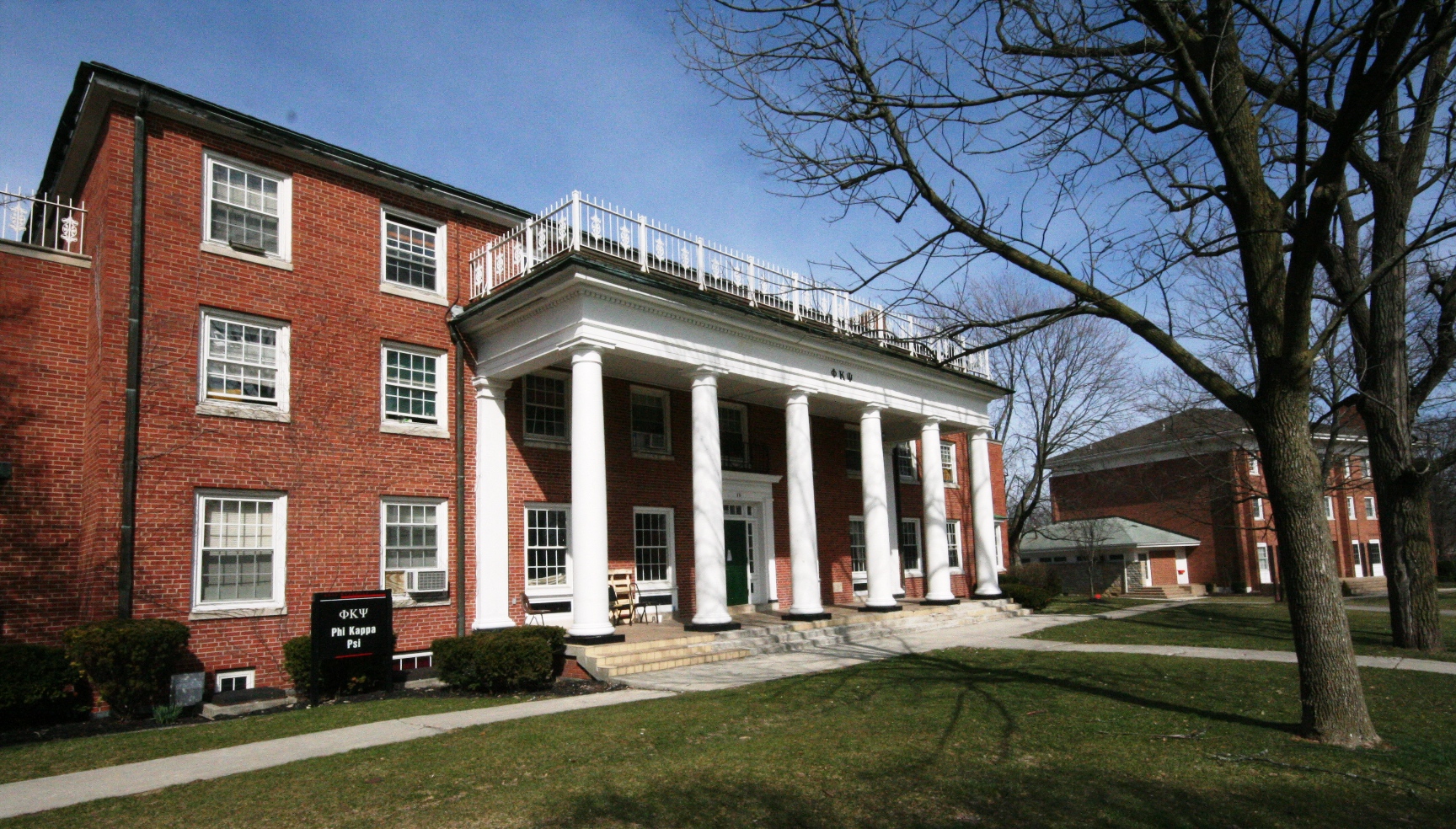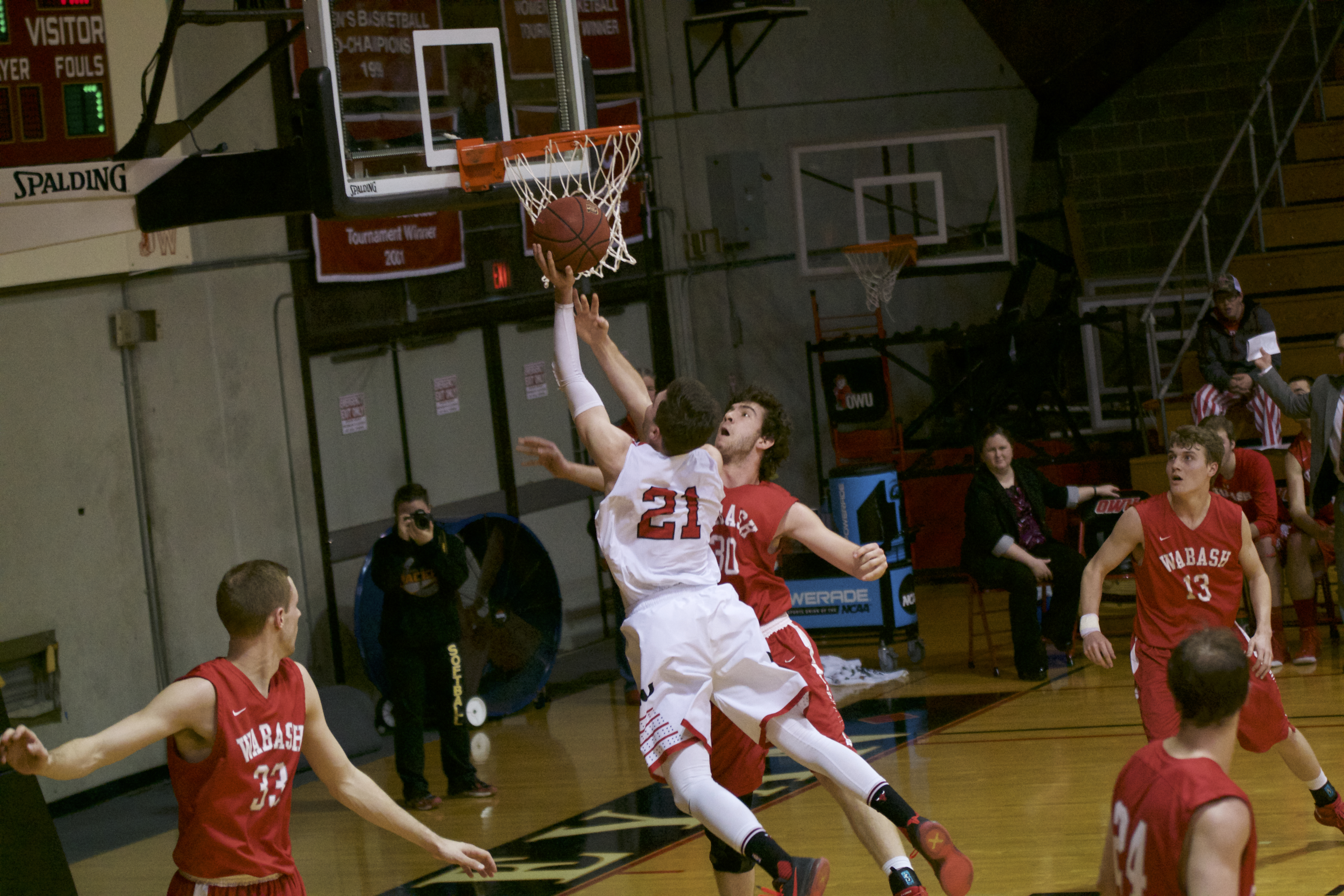Tag: featured
Look closer: being a mindful consumer

Olivia Lease, Online Editor
I try to see stories in everything I purchase.
I wonder whose hands made the sweater resting on my shoulders or where the watermelon I am currently eating was grown, picked, washed and perfectly sliced.
I don’t like to go shopping very often. There are so many options that it is no longer exciting but overwhelming. I can walk into a store and see thousands of cheaply priced goods in front of me. What I don’t see are the hidden costs, I have to search for the real stories.

I think it’s time for us to acknowledge the fact that we live in a consumer-centric society made possible by the hard work of others. People we will most likely never meet but whose stories matter.
But first, let’s acknowledge the fact that our supermarkets no longer abide by the seasons.
You can buy a pineapple at any time, regardless of that fact that we are not living in Brazil or Paraguay, where the plant originated. It has now been spread throughout South America. I visited Costa Rica over winter break and was able to a tour a plantation.
There, some of the crops we saw would eventually travel over 3,000 miles to reach California while some would go even further destinations in the U.K.
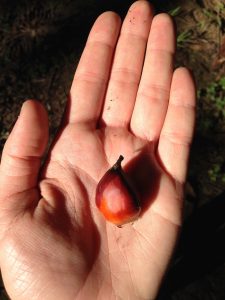
When we walk into a store, we don’t see the hours of hard labor or the elaborate transportation system it took to give us more choices. Variety is simply something we’ve become accustomed to.
While in Costa Rica, I also had the chance to tour a palm oil plantation.
The edible vegetable oil is used in 50 percent of all packaged products in America. It is extracted from the fruit grown on African palm trees. These trees are originally from Western Africa but are now grown wherever heat and rainfall are abundant enough.
On the tour, I passed workers yielding machetes. The heat was suffocating despite the early time of day. Poisonous snakes are common in the field and a constant threat for workers to be aware of. One boy helped wrangle the cattle used for transport. This was their everyday routine, a dangerous job they had become accustomed to.
Across the world, forests are being slashed down and indigenous people relocated in order to make room for these crops, just to keep up with our demand.
America, the land of the free, is unwilling to admit that we also are a catalyst for conflict and destruction.
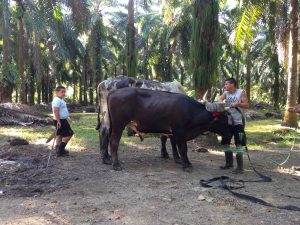
Look in your backpack, pick out a few things. How many of them say “made in the U.S.A.”? I don’t think it should be a point of pride to have these products, but more so, a standard.
There a several things you can do help slow the global economy, the best being to buy local items (and if it’s produce, make sure it’s in season). This phrase is so much more than a trendy consumer choice. It’s an effort to be a part of your community and a chance to know the story behind what you are purchasing.
OWU professor of 37 years dies
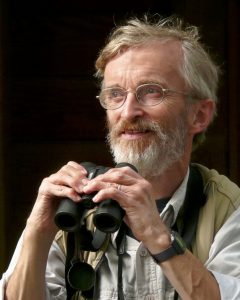
Matt Cohen, Editor-in-Chief
An Ohio Wesleyan professor of 37 years died the morning of Wednesday, April 27.
Professor Emeritus Edward “Jed” Burtt, 68, of Delaware, Ohio, passed away at his home. Burtt received the Ohio Professor of the Year Award in 2011, was an internationally recognized ornithologist and a member of the OWU faculty for 37 years.
In an email from President Rock Jones Wednesday morning, Burtt was quoted from his acceptance speech when he received the Ohio Professor of the Year Award.
“If I may paraphrase a politician, it takes a community to nurture a professor. Indeed, my career has been guided by this community … Thank you to my colleagues and all the students for nurturing me. I appreciate that you have let me be a part of your lives. You have been my life. Thank you for a wonderful life.”
Jones concluded his email saying, “Please join me in extending our deepest sympathies to Jed’s loving wife, constant companion and excursion photographer, Pam, who also has become a beloved member of the OWU family over the past four decades.”
Burtt requested no services. Instead, he requested contributions in support of Ohio Wesleyan’s Natural History Museum. He retired in 2014.
FireDogz hit the Jay
Ela Mazumdar, Transcript Reporter
Ohio Wesleyan’s Public Safety (PS) is working on promoting the JAYwalk to entice students to walk on campus instead of choosing Spring Street.
Former PS officer Jay McCann’s FireDogz food truck, as well as Dan’s Deli, will be strategically placed on the JAYwalk rather than on the corner of Spring Street so that students won’t walk that direction.
“Campus and student safety are not a sudden priority, but a constant 24/7 top priority,” said Bob Wood, director of PS. “I’m not sure anyone has set a goal of eliminating the use of Spring Street, but we do like the idea of students being on campus at night where there’s no traffic and no neighbors to disturb.”
He also said vendors were approached previously about making an arrangement like this, but the attempts were not successful.
McCann, FireDogz’s owner, said he was excited to participate in a trial period to have food vendors on the JAYwalk.
“It is a very nice and safe setting for FireDogz to offer OWU students some late night munchies while at the 24-hour library, Slocum Hall or just a quick walk from the residential side of campus for some good food,” McCann said.
Since Trattoria is no longer available and the Library Café closed, this project serves as a solution for students who might want food late at night.
“I have received some great feedback from students about the food and atmosphere,” McCann said. “The added $5 coupon off is also nice for folks short on cash at the end of the academic year. I look forward to the next few weekends and hope more folks give this a try.”
The project is still just in the trial period, but those involved are enthusiastic about the opportunities this could bring.
Kurt Holmes, interim vice president for student affair and dean of students, said he thought the arrangement is an experiment.
“We might find that there is little interest in this idea and we will try other ideas,” Holmes said. “Or we might find that the [JAYwalk] can become a center of late-night activities like many urban pedestrian walkways. We might even motivate some students to propose ideas.”
Seniors and alumni reflect on OWU
Areena Arora, Managing Editor
With only two weeks left to graduation, besides academic work and designing graduation caps, seniors have much to accomplish.
While some wish to drive on the JayWalk, others want to maintain strong relationships with friends and graduate.
Senior Mackenzie Sommers’ bucket list includes going for a midnight dip in the fountain at the JayWalk. “I’m pretty cautious about this one, though, because god only knows what people do to the water in that fountain,” said Sommers.
Senior Mili Green does not have much on her bucket list. “I try to live without regrets, so I do what I can. I do want to go karaoking at Clancey’s, though,” said Green.
With nearly 100 clubs, there is always room for involvement at Ohio Wesleyan.
Senior Nate Goodhart said, “This school offers so many programs, clubs and organizations that allow for students to truly take advantage of their time here at OWU.”
Senior Sadie Parsons from California said, “I do participate in many things. However, I wish I would have acquired more leadership roles in the clubs and activities I was involved with.”
Looking back at the four years spent at OWU, some say it has been a rewarding experience while yet others have some regrets.
Sommers said, “I wish I’d written more TIPITS (Theory-to-Practice grants) and SIPS (Student Individualized Project grants). This school gives you so many opportunities to see and do the things that you are interested in.”
Green said, “I was always curious about Greek Life … but I think it was too late to rush because everyone knows I’m not for it.”
For some seniors we talked to, summarizing four years’ experience was not easy. Parsons said, “My time at OWU has been amazing and I wouldn’t trade it for anything else. I wouldn’t even take back any of the hardest times I’ve had here because I learned from them and only became a stronger person from them.”
Senior Camille Mullins-Lemieux, resident of Peace and Justice House said, “This place has allowed me to flourish as a person a lot.”
Kim Eckart, ’13, who now works as the assistant to VP of Finance and Administration said she regrets not having participated in a travel learning course and not joining a small living unit.
Haley Barber, ’13, who now works for the Community Service Learning office and Office of Career Services said, “I regret not studying abroad. That was one of the things on my bucket list … I couldn’t fit it in with my double majors in biology and studio arts.”
Kelly Rand, ’15, an intern at the Office of President, has some advice for rising seniors. “My advice to seniors is to be a little less responsible and little more spontaneous. You should enjoy time outside by the fountain with friends on a beautiful day. You can do your reading later, because you won’t be able to do that next year. Soak it all in while you can,” said Rand.
Looking ahead, in less than a month, seniors will be out in the world with an undergraduate degree. The campus they’ve come to identify as home will no longer be their residence.
Senior Shelli Reeves has her post-graduation plans made. “I will be completing my first book and travelling as much as possible,” said Reeves.
Mullins-Lemieux said, “I’m staying at a Buddhist monastery in Oregon in June … and then taking an internship in Panama at a sustainable village on their design-thinking team.”
OWU faculty wins Brick Wall award
Areena Arora, Managing Editor
The Central Ohio chapter of the Society of Professional Journalists (SPJ) awarded the Brick Wall Award to the Ohio Wesleyan faculty on April 20 at a Columbus barn.
The award was presented at the 67th Annual Founder’s Day banquet of the chapter held at Amelita Mirolo Barn, Upper Arlington, Ohio.
According to SPJ’s website, the award started in 2001. “It is a dubious distinction presented to individuals or organizations that, according to chapter members, did the most to block citizen access to public records and proceedings or otherwise violated the spirit of the First Amendment during the past year.” It is awarded under the Chapter Awards category.
On Monday, April 18, OWU faculty voted 47-21 to ban reporters, including The Transcript, the university’s independent student newspaper, from covering future faculty meetings. This was unprecedented after more than 35 years of faculty meetings being open to students.
Paul Kostyu, associate professor of journalism and the department chair, was present at the award ceremony. “I accept this [award] on behalf of the 21 [faculty] who withstood the pressure to keep meetings open.”
Cole Hatcher, director of media and community relations at OWU, said, “I understand the award, but it is important to remember that it is a private faculty meeting and [faculty] have the right to close them, even if it is not a popular decision.”
Kevin Smith, member of the chapter’s board of directors, who was also present at the ceremony said, “It’s really unfortunate …[faculty at OWU] shouldn’t be ashamed of what they’re talking about. They’re being too thin-skinned and protective … SPJ is going to do what it can to help fight that.”
Adam Goldstein, attorney advocate at the Student Press Law Center in Washington D.C., said in an interview before the faculty meeting on April 18 that if the motion does get approved, humiliation is the best weapon for The Transcript.
Faculty: 1, The Transcript: 0
Matt Cohen, Editor-in-Chief
Areena Arora, Managing Editor
After more than 35 years, faculty meetings will no longer be open to reporters.
On April 18, Ohio Wesleyan faculty members voted to disallow The Transcript, the school’s independent student newspaper, from attending future faculty meetings.
Bob Gitter, professor of economics and a member of the faculty’s Executive Committee, presented the motion. Faculty asked the Executive Committee to reconsider the issue of banning The Transcript’s attendance, according to the faculty meeting agenda.
Gitter read the agenda and said, “Faculty meetings will not be open to reporters and a new mechanism in the form of a faculty meeting summary will be made available to the public within 24 hours after the end of the faculty meeting.”
Gitter then called for executive session, which was supported.
The vote was 47-21 in favor of the motion.
“It has a chilling effect on what people are willing to say if they feel the comments are going to be published in the newspaper,” he said.
The length of the meetings was also one of Gitter’s concerns.
“The fact is, too often, going into executive session, the meetings are lasting much too long,” Gitter said. “Here it is 7:30 p.m. I had to stay and count balance, but the meeting didn’t get over until just a few minutes ago.”
“There’s a number of reasons, but not everybody that supports a motion supports it for the same reasons.”
Paul Kostyu, chair of the journalism department and associate professor of journalism at OWU, opposed the motion.
“I had a lot more questions and I wasn’t allowed to ask them,” Kostyu said. “I would not call it a debate. It was a series of questions and statements from various faculty.”
Thomas Wolber, chair of the Executive Committee and associate professor of modern foreign language, said he agreed with Kostyu.
“Kostyu was the first one to stand up and ask a number of questions. which were not satisfactorily answered,” Wolber said.
He also said there was inadequate discussion during the meeting.
“I was not given a chance to speak and to voice my opinion,” Wolber said. “The discussion was truncated and that I found unfortunate.”
Kostyu also said he believes OWU is being ironic.
“Nationally, there is more of effort in higher education to be more transparent. It’s ironic we’re going the other direction.”
“We are restricting freedom,” Kostyu said. “It’s ironic and hypocritical that our speaker for commencement is Greg Moore, who opposed this policy. But yet, we’re inviting him, who may have actually covered these meetings as a student.”
Moore is the former editor of The Denver Post and a 1976 graduate of OWU. He will speak at commencement this year on May 8.
Previously, The Transcript was denied access to a faculty meeting on Nov. 16, 2015.
Authors tells his journey
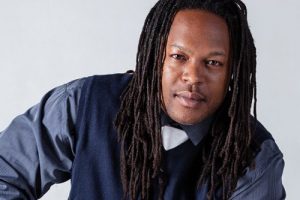
Liz Hardaway, Transcript Reporter
It’s the 90s, the era of Walkmans and hammer pants. A 19-year-old honor student from East Detroit was just sentenced to 17-40 years in prison for murdering a man in an argument over a drug deal.
Shaka Senghor had “assumed” that his life was over.
After serving 19 years in prison, Senghor is now a New York Times best-selling author, with six books under his belt, including his latest “Writing My Wrongs.” Senghor has appeared on “Super Soul Sunday” and led three TED talks.
Senghor brought his story to the Benes Room in Ham-Will on March 30, pointing out the flaws of the modern prison system in the U.S.
“We live in a society that is very slow to think about what it means to give second chances,” Senghor said.
With more money being poured into prison upkeep rather than the education system, and the U.S. containing 25 percent of the total world’s prison population with a 70 percent return rate after release, Senghor challenged attendees to pay attention to the tax investment Americans make on their prison system.
“If you treat a person barbaric, animalistic, abuse them, degrade them and dehumanize them, the logical outcome is that they are going to get out and do the same to someone else,” Senghor said.
Senghor ran away from his abusive mother when he was 14. As a young honor roll student, he said he hoped that someone would see the smart kid that he was. Soon, a local drug dealer approached Senghor and introduced him to the world of dealing crack cocaine.
“I was way in over my head … Within the first six months, my childhood friend was murdered, my older brother was stabbed, I was robbed at gunpoint, and then I was beat nearly to death and left on a cold bathroom floor … thinking to myself where is my mother, where is my father, and how could somebody allow their child to be gone for so long and not seek them out,” Senghor said.
After getting shot, Senghor started carrying a pistol, determined that the next time he got into a conflict, he would not hesitate to pull the trigger.
On March 8, 1990 the opportunity arose when Senghor refused to sell crack to a stranger. When the argument escalated Senghor shot and killed the man.
After the first five years Senghor was in prison, he had accumulated 25 misconducts and was placed in a maximum-security prison.
Surrounded by inmates who were for the most part serving life sentences, Senghor said he found brilliant life mentors who gave him books and encouraged him to keep learning.
With the high rate of mental illness, minimal recreational hours and seven years of solitary confinement, Senghor attributes his success and sanity in prison to these men.
Senghor wrote his first book in 30 days in solitary confinement, and used a fish line of underwear and socks to send it over to the inmate across the hall to read. After receiving copious amounts of praise for this book, he challenged himself to write his second book in 30 days as well.
Upon realizing his dream to become a writer, Senghor was depressed as he wrote his third book. His freedom was even more important if he wanted to make his dream a reality.
After Senghor got out of solitary confinement, he found a word processor and would type his first four books 13 pages at a time.
These books were published while Senghor was still in prison, but after three parole hearings, Senghor was released on June 22, 2010. Upon leaving, a guard told Senghor that he would be back.
“There are families being broken … there are human beings that are being thrown away that have real value … if we give them a chance,” said Senghor.
Black Men of the Future (BMF) organized the event, and even made Senghor an honorary member of the organization.
“Our goal is to raise awareness and begin harder conversations that a lot of people are afraid to have,” said senior Aaron Cameron, vice president of BMF.
OWU closes Phi Kappa Psi fraternity
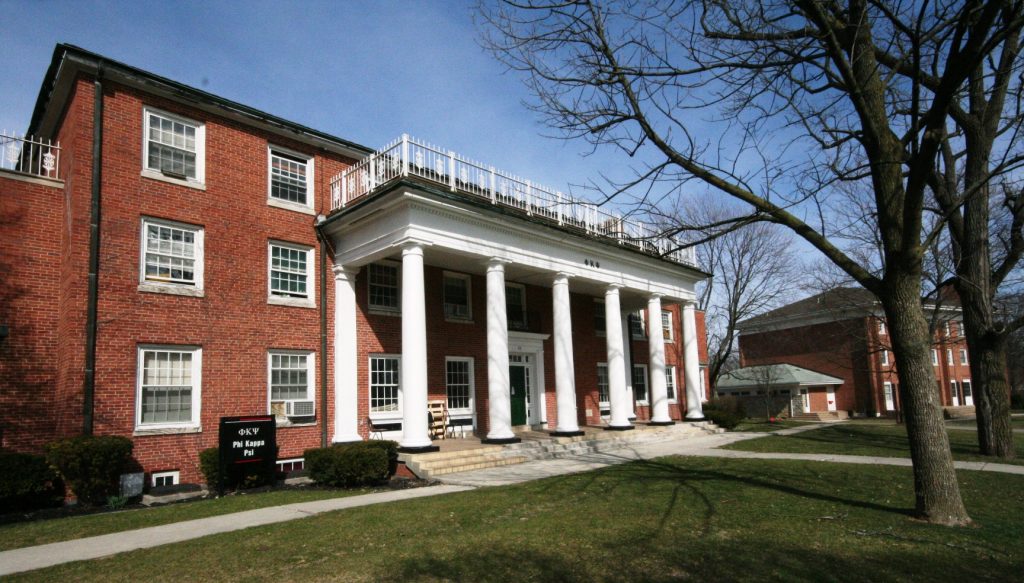
Transcript Staff
As of April 13, Phi Kappa Psi (Phi Psi) fraternity no longer has a chapter on Ohio Wesleyan’s campus, according to Kurt Holmes, interim vice president for student affairs and dean of students.
“Following a thorough investigation and hearing, the Student Conduct Board has ruled that Ohio Wesleyan’s Phi Kappa Psi chapter violated significant university rules, and after a careful consideration of these violations and the chapter’s conduct history, we have notified Phi Kappa Psi members that the chapter is being closed,” Holmes said in an April 13 email to the OWU community.
Members of Phi Psi will remain in their house until the end of the spring semester, but are working with residential life to coordinate housing for next semester.
Earlier this year, a new pledge of the fraternity, freshman Luke Gabbert was found dead in the Delaware run, a creek close to campus.
Holmes said the review [by the conduct board] on a specific charge is only the current [Gabbert] case. “We do take recent history into account.” He also said a response from the fraternity’s nationals is anticipated, but has not been received.
President Rock Jones said, “We set high expectations for our campus community, including student organizations. It is our responsibility to hold organizations accountable when they fail to meet expectations, including the conduct guidelines spelled out in our Student Handbook.”
Susie Long, the interim director of Greek Life, said she currently has nothing to add to the statement Holmes made.
Doug Dodridge, president of the fraternity, declined to comment.
Phi Psi can either appeal the ruling or, according to Chief Communications Officer Will Kopp, request to be reinstated on campus. The request can be filed no sooner than fall of 2020.
On Nov. 11, 2015, Sigma Chi fraternity also was disbanded. But in his email announcement, Holmes said the university remains supportive of Greek Life on OWU’s campus for its positive development of leadership skills, philanthropic efforts as well as its significant alumni support.
The Ohio Alpha chapter of Phi Psi was founded at OWU in 1861.
*This story will be updated as more information becomes available.
Reflecting on a record-breaking season
Ross Hickenbottom, Sports Editor
“Fun.” “Immaculate.” “Unforgettable.”
Those were some of the words Ohio Wesleyan men’s basketball team used to describe the record-breaking season that, just as every other season without an NCAA Championship, ended too soon.
The team traveled to Lisle, Illinois on March 11 for their game against Benedictine, who handed them their fifth and final loss of the season.
“I have never enjoyed the game so much in my life,” said senior Matt Jeske. “All of that is attributed to my exceptional teammates, coaches and the chemistry between all of us.”
Along with Jeske, the underclassmen will say goodbye to three other seniors, as well as key players: Claude Grey, Zak Davis and Joey Kinsley.
Jeske has “no doubt that the work ethic and desire for success will remain constant, and these guys can have an even better season next year.”
Sophomore Seth Clark, junior Ben Simpson and Nate Axelrod, who was recently named Division II All-American, said they are ready to continue the winning tradition they have experienced for the past two years.
Simpson, who finished the season averaging a double-double and shooting .567 from the field, said, “This team this past year was probably one of the teams we’ve had here at OWU, and we will play with a chip on our shoulder next year.”
Seth Clark is one of the younger guys on the team and has scored 15.5 points per game and 30 out of 30 games played.
He said he also believes that the underclassmen on the team learned positive habits and consistency through this season’s seniors. “We have some young guys [who] have learned from the seniors and are ready to take on a bigger role,” Clark said.
Coach Mike DeWitt said he credits his strong winning tradition to the “quality of players I’ve had the opportunity to coach here.”
Jeske said DeWitt taught him “a lot throughout the years, but most importantly, he has shown me how to expect success, yet be humble when it comes.”
Along with some new faces, the All-NCAC trio of Simpson, Clark and Axelrod said they are looking forward to picking up where they left off next season.
